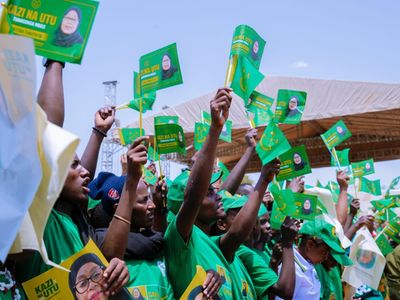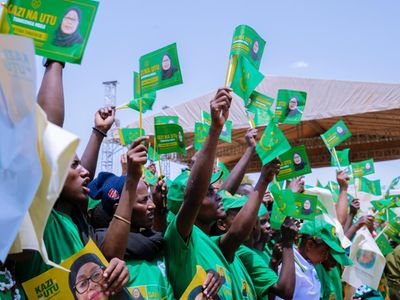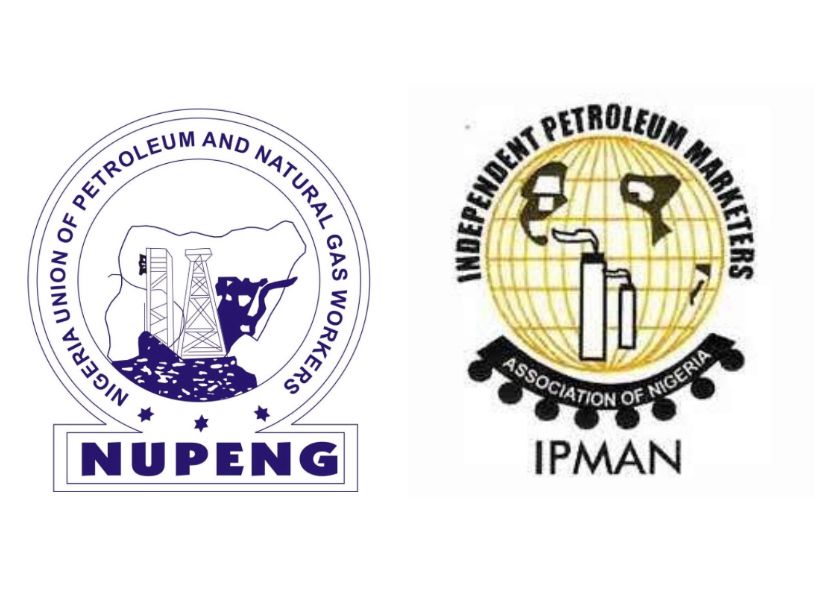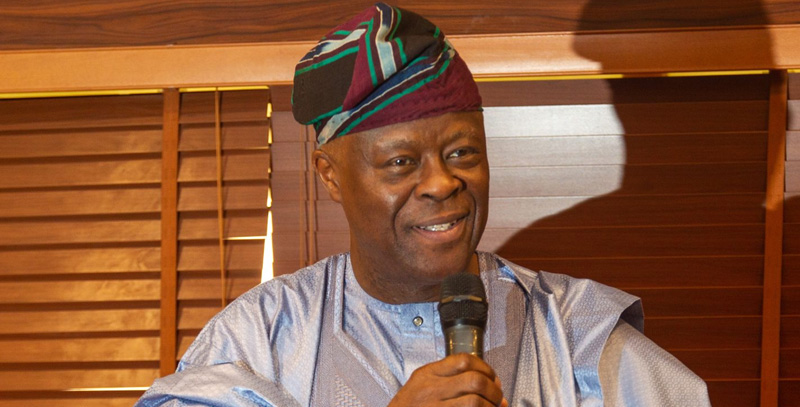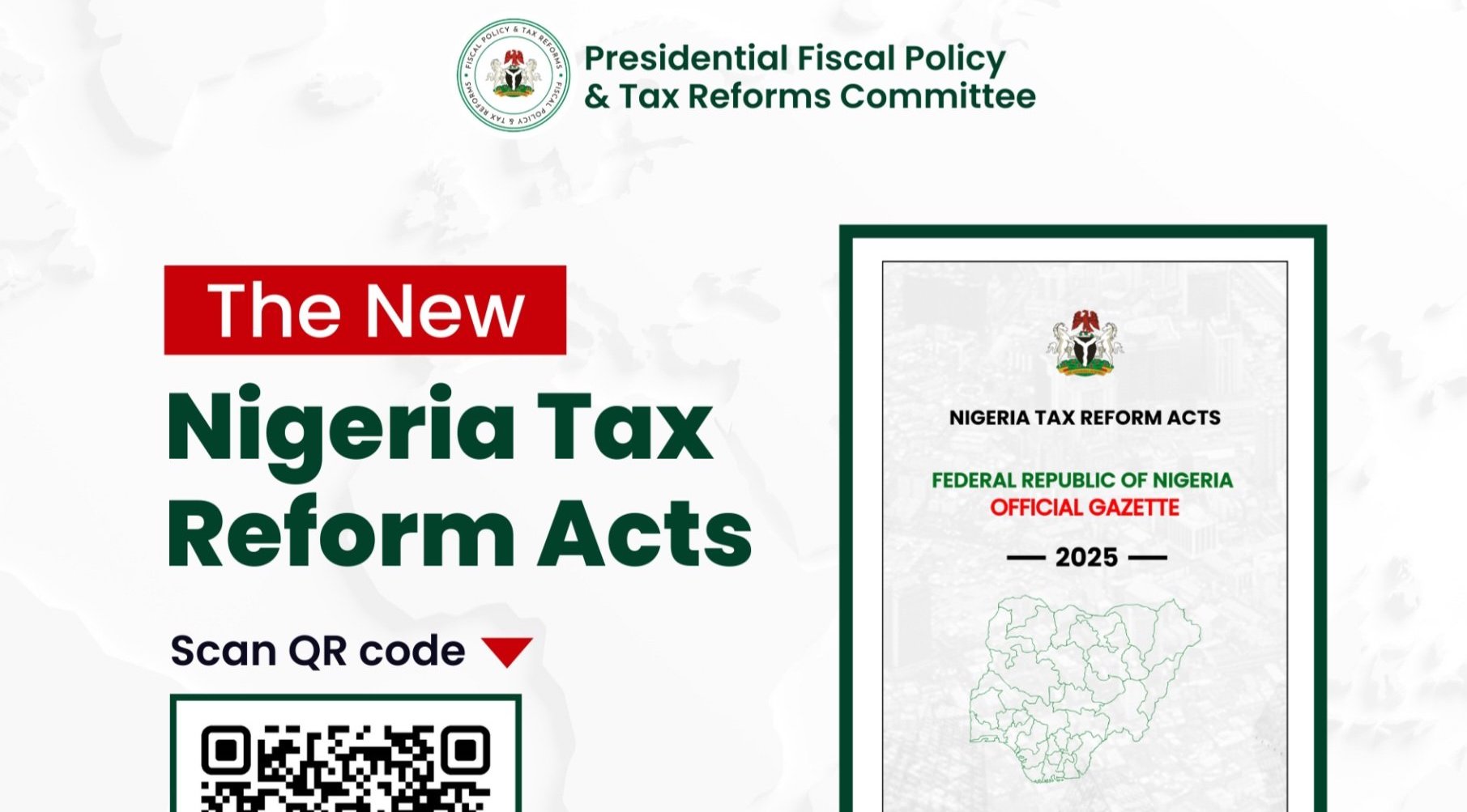….Despite interest of 8% from 1.5% In 2016
The Ghana Cocoa Board (COCOBOD), the state entity responsible for regulating the country’s cocoa sector is facing significant challenges in securing its traditional syndicated loans, this year. Among other things, the institution lacks credibility to be handed such colossal money.
This difficulty, starkly contrasts previous years, where COCOBOD, could secure loans at favourable interest rates for as low as 1.5percent.
However, COCOBOD, is dealing with much higher interest rates, reaching a staggering 8percent, and has encountered setbacks in its 2024 attempts to secure a US$1.5 billion syndicated loan from international banks.
The current COCOBOD Chief Executive, Joseph Boahen Aidoo, as a face-saving measure to address the issue, held a press conference on August 20, 2024, and outlined the organization’s shift towards self-financing where it now plans to finance its cocoa purchases through local banks rather than relying on international lenders.
This move, which will take effect in the 2024/2025 cocoa crop season, comes after COCOBOD failed to secure offshore loans, a development not seen in over 30 years.
A Steep Climb: From 1.5percent to 8percent Interest Rates
Historically, COCOBOD had secured offshore syndicated loans at interest rates as low as 1.5% as of 2016, a testament to its financial credibility in the global cocoa industry. These loans were crucial in financing the procurement of cocoa beans for the crop season, which Ghana, the world’s second-largest cocoa producer, relies on for significant revenue. However, recent years have seen a sharp increase in the interest rates COCOBOD is offering, with the rate rising to 8% in the last season. This dramatic increase signals diminishing confidence from international banks in COCOBOD’s ability to repay its loans.
Insiders suggest this decline in confidence stems from COCOBOD’s struggle to meet its obligations. The organization has been unable to pay back its most recent syndicated loan, which is due by the end of August 2024, further fueling the hesitation of international banks to lend to the board.
Failed Attempts to Secure $1.5 Billion Loan in 2024
COCOBOD’s efforts to secure a $1.5 billion syndicated loan for the 2024/2025 season were met with rejection from international banks. This loan was essential for the board’s operations, particularly in purchasing cocoa beans from farmers and supporting vital inputs such as seedlings, fertilizers, and chemicals.
Unable to secure financing from their traditional partners, COCOBOD even considered approaching lenders in the United Arab Emirates. Despite exploring alternative markets, their search for financial support continued to face significant challenges, leaving the organization to explore local financing options.
Bloomberg reports that COCOBOD is in talks with bean traders such as Olam Group Ltd. and Barry Callebaut AG to raise at least a third of the US$1.5 billion loan. This approach, however, is seen as a last-ditch effort after being locked out of the international syndicated loan market.
“In June 2024, COCOBOD issued a Request for Proposal of a US$1.5 billion loan to purchase up to 650,000 metric tonnes of cocoa for the 2024/2025 crop year. But this request did not attract any interest from the international banks due to the poor health of COCOBOD and the collapse of the cocoa sector under its present management,” the Minority in Parliament said in a Press statement on Wednesday.
Turning Inward: Local Financing and Its Challenges
Faced with rejection from international lenders, COCOBOD is now turning to local financing to support its cocoa purchasing activities. This is a makeshift strategy, as the organization has typically relied on international banks to provide the bulk of its funding. However, domestic borrowing has proven costly. COCOBOD has, in recent years, taken loans from the Bank of Ghana and local banks at rates as high as 30%, leading to mounting debt.
As of 2024, COCOBOD’s indebtedness to local banks stands at an estimated GHS20 billion. The decision to rely more on local sources of finance is expected to further strain the organization’s finances, but it has little choice as international confidence wanes.
Despite the high costs associated with local borrowing, Joseph Boahen Aidoo expressed optimism about the shift to self-financing. According to him, COCOBOD will be able to save over US$150 million in interest payments by moving away from offshore syndicated loans. He emphasized that this move is supported by key stakeholders in the cocoa sector, who believe it will ultimately benefit farmers.
Production Decline and Market Uncertainty
The financial difficulties COCOBOD faces are compounded by uncertainty surrounding cocoa production. In recent years, Ghana has consistently fallen short of its production targets. In 2021/2022, COCOBOD produced 683,000 tonnes of cocoa, below the expected 800,000 tonnes, and production dropped further to 654,000 tonnes in 2022/2023. The 2023/2024 season is also expected to see a significant decline as output is predicted to fall to 400,000 tonnes by the end of September 2024.
The continued underperformance in crop production has raised concerns among COCOBOD’s international partners, who rely on forward sales contracts for a steady supply of cocoa. The country currently has at least 350,000 tonnes of forward sales contracts that remain unfulfilled, some of which date back over three years. This backlog has further eroded international confidence in COCOBOD’s ability to meet its financial and operational obligations.
Looking Ahead: The Future of COCOBOD Financing
As COCOBOD prepares to enter the 2024/2025 cocoa season, it faces an uphill battle. Without the financial support of international syndicated loans, the organization must now rely on domestic loans, which come with higher interest rates and add to its already considerable debt.
While COCOBOD’s leadership maintains that the move to local financing will eventually save money and benefit farmers, industry insiders warn that this approach may only be a temporary solution to a deeper financial crisis. As cocoa production continues to underperform, COCOBOD will need to explore more sustainable long-term financing strategies to regain the trust of both local and international partners.
In the meantime, COCOBOD’s inability to secure international financing at favourable rates could have far-reaching implications for the country’s cocoa sector and its position as a leading global producer of cocoa beans.
The post COCOBOD loses credibility for syndicated loans from foreign banks appeared first on The Herald ghana.

